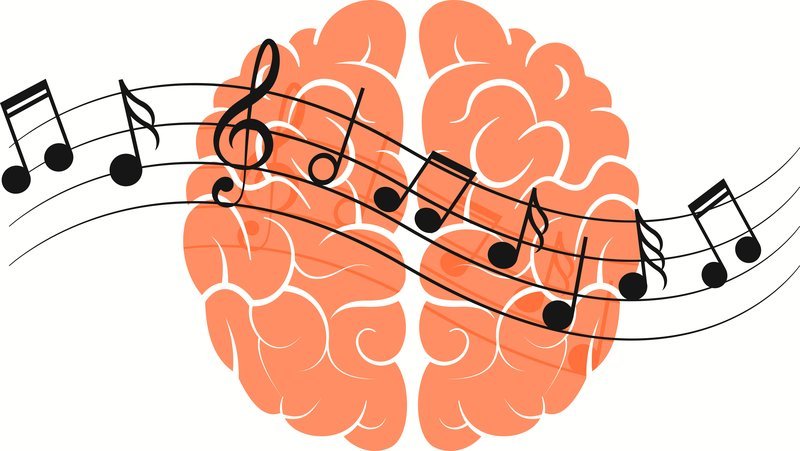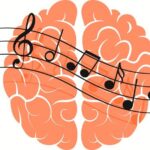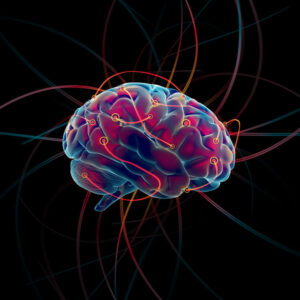Music has been used to help people with mental health issues for centuries, but in recent years, the relationship between music and mental health has become increasingly studied. In this blog post, we will take a look at how music can help with various mental health issues and what kind of positive impact it can have. We will explore the mental benefits of listening to music, as well as the different types of music that can be used to treat different mental health disorders. By the end, you will have a better understanding of how music can be used to help with mental health.
Visit this Website: Jimmy Carter bestowed a pardon
The Impact Of Music On Mental Health
Music has a powerful impact on mental health, and there are countless benefits that can be gained from listening to music. In this blog, we will outline some of the ways that music can improve your mood and state of mind. First and foremost, music can alter mood and create a positive state of mind. Numerous studies have shown that music has the ability to reduce anxiety and improve cognitive performance. In addition, research has also shown that listening to music has a calming effect on the body and mind. This can help people to relax and de-stress.
Music is also known as an effective tool for relaxation and mindfulness. It has been proven to help people cope with anxiety, stress, depression, PTSD, and other mental health disorders. Music therapy is an effective treatment for many conditions, and it is often recommended first line of treatment for those suffering from mental health issues. By implementing Music into your life in some way or another, you’re sure to gain some valuable benefits in terms of mood and well-being!
Stress Relief Through Music Enjoyment
There’s something about music that just seems to touch us in the deepest parts of our soul. Whether it’s the sound of a loved one’s voice or the notes of an unfamiliar melody, music has a way of reaching out and touching us in ways that nothing else can. For many people, listening to music is a form of emotional healing. It can help to reduce stress and improve your mood, both physically and mentally. Additionally, music has been shown to provide an outlet for expressing emotions and connecting with others.
Studies have shown that music has positive benefits for mental health conditions such as depression and anxiety. In fact, some studies have even found that playing musical instruments may be more beneficial than medication for treating certain issues such as anxiety or ADHD. Music also helps increase focus and concentration, as well as improving memory. Additionally, listening to music is a great way to break unhealthy habits or addictions – whether it’s smoking cigarettes or eating junk food – by providing a form of relaxation and distraction from the pressures of life.
Overall, taking time to enjoy music is one way that you can reduce stress levels and improve your overall quality of life. Whether you’re looking for emotional healing or just need an occasional break from the daily grind, music is a great choice!
Mental Benefits Of Listening To Music
Listening to music is a great way to reduce stress and anxiety. In fact, it’s been scientifically proven to do so. Numerous studies have shown that music has a positive impact on mood and can help elevate your mood, create positive emotion, and improve task performance. Additionally, listening to music can help you focus and reduce symptoms of depression. Additionally, music has been shown to provide an escape from everyday worries. It allows you to focus on the moment and relax your mind. Finally, listening to music can promote relaxation and reduce fatigue – two common symptoms of stress.
So why is listening to music such a great way to relax? Music is composed of sounds that are organized in time. Hearing these sounds has a physiological effect on the brain that helps us relax both mentally and physically. Furthermore, many people find that listening to music provides an outlet for self expression – something that’s often difficult to do in other contexts. When you listen to your favorite song, you can let all your emotions out without having anyone see or hear them other than you (assuming you’re comfortable with doing so).
Whether you’re looking for ways reduce stress or just want some tunes in the background while working, listening to music should be at the top of your list!
Music For Different Mental Health Disorders
There’s no question that music has a powerful effect on our emotions. It can help to destress us, lift our spirits, and even make us feel happier. For people with mental health disorders, music can be an important part of treatment. This article will focus on the various benefits and risks associated with using music as part of treatment for different mental health disorders.
First, let’s take a look at the effects of music on depression and anxiety disorders. Numerous studies have shown that music has a powerful effect on reducing symptoms of depression and anxiety. In some cases, it’s even been shown to be more effective than traditional treatments like medication or therapy.
Music also has a positive effect on bipolar disorder. People with bipolar disorder often experience intense mood swings that can be difficult to manage. Music has been shown to help stabilize moods in people who have bipolar disorder and may even prevent episodes from occurring altogether.
Schizophrenia is another condition where music has been found to be helpful in treatment. Schizophrenia is a serious mental illness that affects millions of people worldwide. Treatment options for schizophrenia are limited, but music therapy has been found to be helpful in managing symptoms and improving patient outcomes overall.
Read More: How Music Works
ADHD is another condition where music has been found to be beneficial in treating symptoms such as hyperactivity and impulsiveness. In one study, ADHD patients who were given classical piano lessons showed significant improvements in their attention span and impulse control compared to patients who didn’t receive musical instruction. This suggests that music may provide an additional source of cognitive stimulation which is beneficial for those with ADHD. There are also potential risks associated with using music as part of mental health treatment; for example, it could lead to self-medicating behavior or excessively focusing on positive experiences instead of addressing negative ones head-on. However, research shows that using music therapeutically in combination with other treatment methods has several benefits over using it solely to control radical behavior or to treat symptoms without assisting the patient’s integrative processes. So while there are risks involved when using music therapeutically, these benefits clearly outweigh them many times!
In Conclusion
In conclusion, music has a powerful impact on mental health and can have a positive influence on those suffering from various mental health disorders. Listening to music can help reduce stress, improve cognitive performance, and provide an outlet for expressing emotions. Additionally, it may be more beneficial than medication for treating certain issues such as anxiety or Attention Deficit Hyperactivity Disorder (ADHD). Finally, music has been found to be helpful in treating symptoms of depression and bipolar disorder, as well as schizophrenia and ADHD. For those looking to reduce stress or take advantage of the many benefits that listening to music provides, don’t hesitate to start incorporating it into your wellness routine today!


